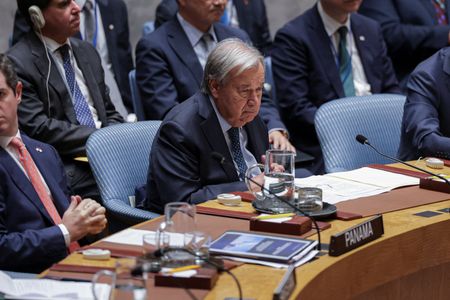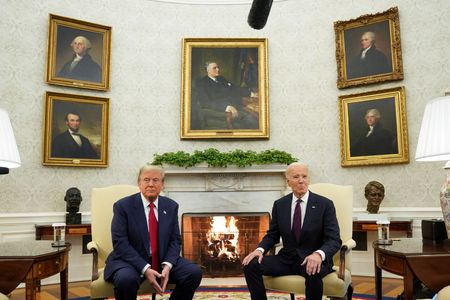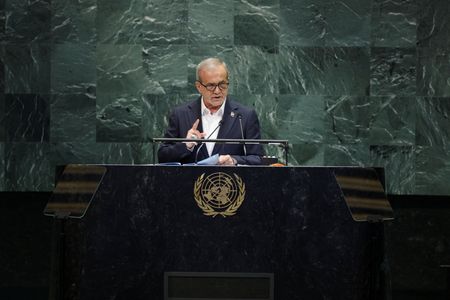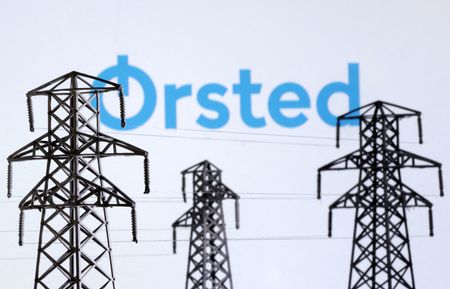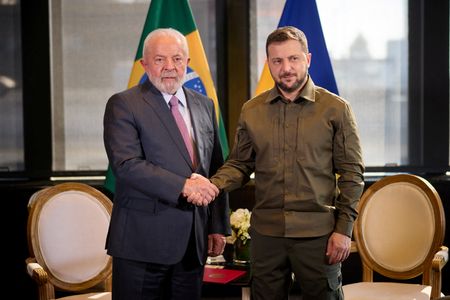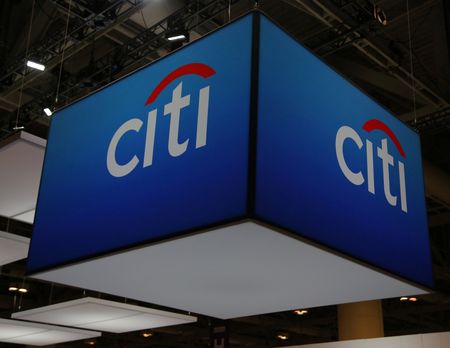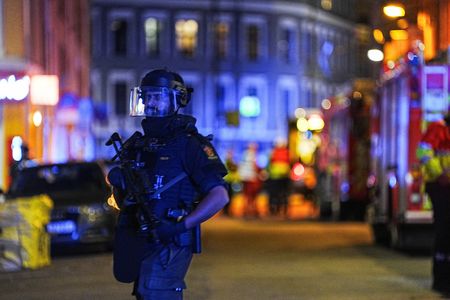By Valerie Volcovici and Yukun Zhang
WASHINGTON/BEIJING (Reuters) -Chinese President Xi Jinping on Wednesday told the United Nations that by 2035, his country plans to reduce its greenhouse gas emissions by 7%-10% below its peak, and called out “some countries” for moving against the global clean energy transition.
Xi addressed a climate leaders’ summit hosted by U.N. Secretary-General Antonio Guterres in a live video message from Beijing, announcing China’s national climate plan ahead of the COP30 climate summit in Brazil in November.
Alongside the economy-wide emission-reduction goal, Xi said that within 10 years, China plans to increase its installed capacity of wind and solar power to over six times its 2020 levels. It also plans to boost its share of non-fossil fuels in domestic energy consumption to over 30%.
At the same time, he called on the world’s developed countries to take the lead in stronger climate actions. He referred, though not by name, to the U.S. for moving away from the goals of the Paris Agreement on climate.
“Green and low-carbon transformation is the trend of our times. Despite some countries going against the trend, the international community should stay on the right track, maintain unwavering confidence, unwavering action, and undiminished efforts,” Xi said, calling for increased global climate cooperation.
On Tuesday, U.S. President Donald Trump used his UN General Assembly speech to blast climate change as a “con job” and criticize EU member states and China for embracing renewable energy technologies.
Trump ordered a second withdrawal by Washington from the 10-year-old Paris Agreement on climate, which aimed to prevent global temperatures from rising beyond 1.5 degrees Celsius through national climate plans. The U.S. is the world’s biggest historical greenhouse gas emitter and second biggest current emitter behind China.
Environmental groups and observers said the announcements by some of the world’s biggest economies fell well short of where they should be in emissions reductions, given the rapidly worsening impacts of climate change.
Brazilian President Luis Inacio Lula da Silva, host of the upcoming U.N. climate summit, warned fellow leaders that the Belem gathering and the updates of national climate plans will show the world “whether or not we believe in what the science is showing us.”
Brazil has committed to reducing emissions by 59%-67% by 2035 and stepping up efforts to combat deforestation.
“Society is going to stop believing its leaders,” he said. “And all of us will lose because denialism may actually win.”
Guterres hosted the summit on the sidelines of the U.N. General Assembly. He has asked countries to announce their new climate targets.
“The Paris Agreement has made a difference,” Guterres said in prepared remarks. He added that since it was adopted in 2015, the projected rise in global temperature is now 2.6 degrees C, down from the projected rise of 4 degrees C before the Paris conference.
“Now, we need new plans for 2035 that go much further, much faster,” he said.
The European Union has not reached agreement on its new U.N.-mandated climate target in time for Wednesday’s summit, and has instead drafted plans to submit a temporary goal, which could change.
EU President Ursula Van der Leyen said at the summit that the EU is on track to reach its 2030 target of slashing emissions 55% by 2030 and said its 2035 reduction goal would range between 66% and 72%.
Australia, which plans to host a 2026 UN climate summit, announced a pledge that by 2035, it would slash greenhouse gas to between 62% and 70% below 2005 levels.
“We want to bring the world with us on climate change, not by asking any nation to forego the jobs or security that its people deserve, but by working with every nation to seize and share those opportunities,” said Australia Prime Minister Anthony Albanese.
Palau, representing the 39-member Alliance of Small Island States, announced its own goal of slashing emissions to 44% of 2015 levels by 2035. It reminded leaders of the advisory opinion issued by the International Court of Justice earlier this year that affirmed an “obligation grounded in international law” for governments to take stronger measures to curb their greenhouse gas emissions.
Surangel Whipps, president of Palau, called on major economies to take more aggressive action.
“Those with the greatest responsibility and the greatest capacity to act must do far more,” he said.
AMBITION FALLS SHORT
Li Shuo, director of the China Climate Hub at the Asia Society, said China’s announcement underwhelmed in light of its rapid production of renewable energy and electric vehicles.
“Beijing’s commitment represents a cautious move that extends a long-standing political tradition of prioritizing steady, predictable decision making but also hides a more significant economic reality,” he said.
But China’s dominance as a green technology superpower and Washington’s retreat from the clean energy transition could push China toward a more proactive role on the global stage, he said.
Teresa Anderson, Global Lead on Climate Justice at ActionAid International, said the EU’s “lowball statement of intent” signals a “deeper political sickness” reflecting a lack of will to push back against corporate polluters.
“Rich polluting countries like the EU must go much further in practice than these lowball statements of intent,” she said.
(Reporting by Valerie Volcovici; Editing by Alistair Bell and David Gregorio)

